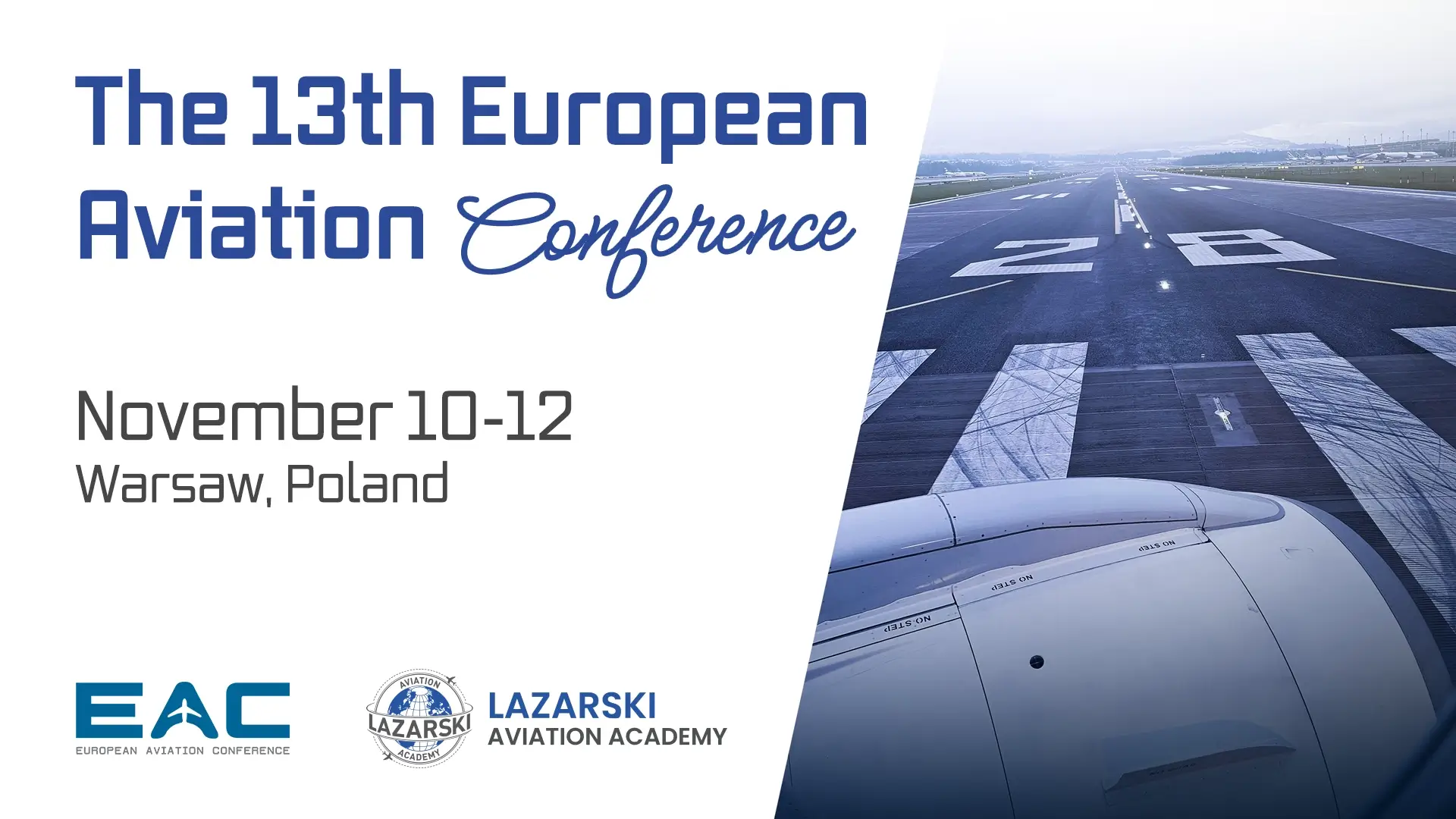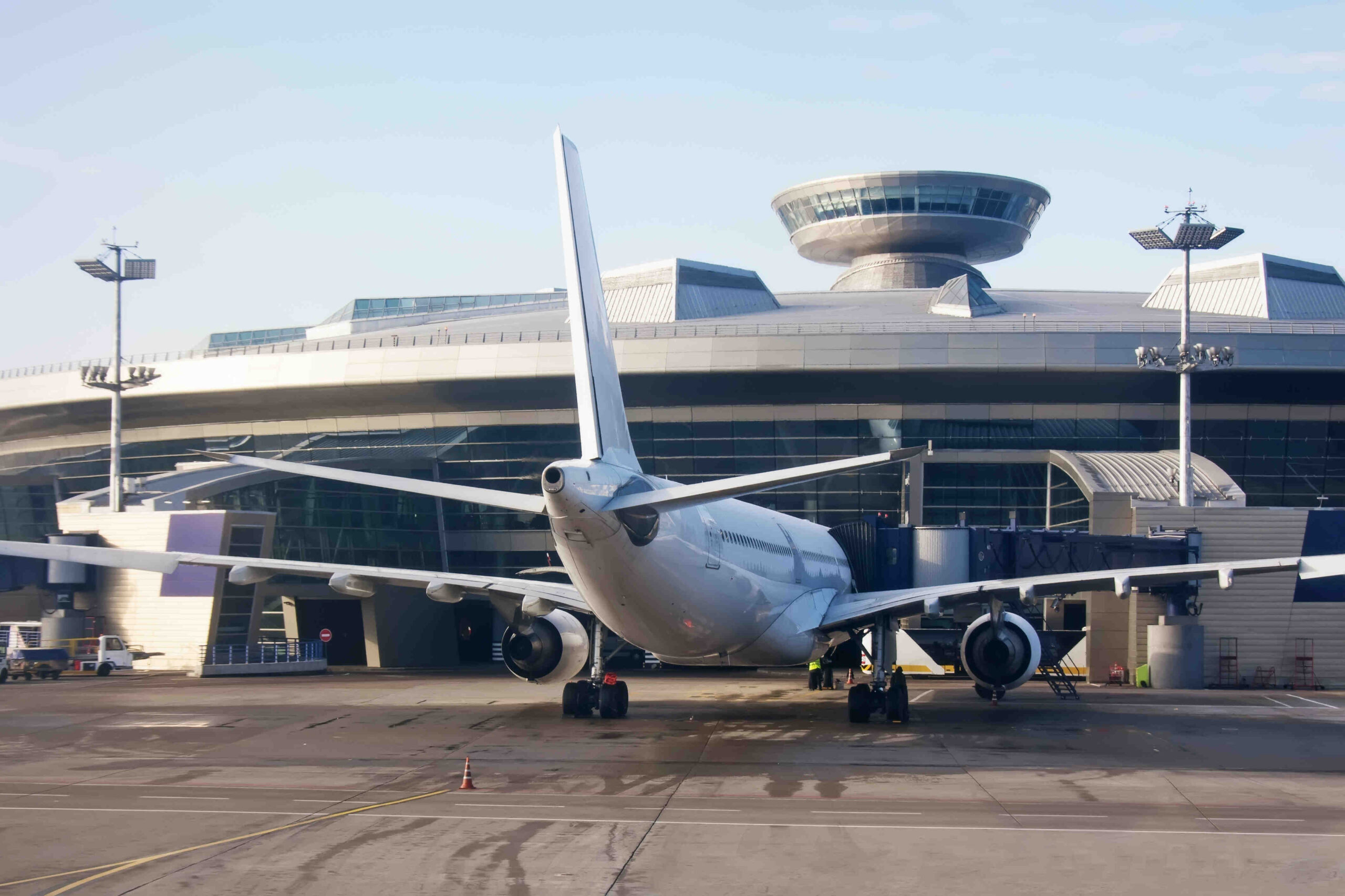Airlines generate millions of tonnes of waste each year, a significant proportion of which is single-use packaging and food waste. The International Air Transport Association (IATA) has published data on waste generation, with a focus on cabin waste generated during flights. The report highlights the challenge the aviation sector faces in replacing single-use products with more sustainable alternatives.
IATA has highlighted that one of the main barriers preventing airlines from reusing and recycling more cabin waste is the set of international regulations governing in-flight catering waste (ICW). The organisation has called for a review of these rules, pointing out that the greatest risk of disease transmission comes from meat products smuggled in passengers’ luggage.
ESG in aviation: the challenge of waste generation
Airports, which handle millions of passengers each year, also face significant challenges. The waste produced and accumulated at these facilities, including industrial and hazardous waste, has made waste management an increasingly pressing issue. While it remains difficult to accurately estimate the amount of waste generated, countries around the world are making efforts to move away from traditional landfill practices in favor of more sustainable solutions.
As demonstrated by San Francisco International Airport, the average passenger generates about half a pound (about 230 grams) of waste. Similar figures are likely to be generated by many other airports around the world. This means that for every one million passengers, approximately 230 tons of waste is produced – highlighting the immense scale of the problem and the urgent need for more effective waste management strategies in the aviation sector.
The industry is focusing on waste reduction and is increasingly adopting a ‘zero waste’ approach. Airport operators, in collaboration with their stakeholders, are seeking innovative solutions to minimise waste generation. Artificial intelligence is playing an increasingly important role, improving waste sorting and recycling systems and increasing the efficiency of sustainable operations.
Infrastructure Still a Challenge
However, the infrastructure remains a major obstacle. Effective waste management requires not only sufficient space, but also modern technology and well-trained staff. New solutions must go hand in hand with staff training and investment in sustainable development – only then can aviation meaningfully reduce its impact on the environment.
In response to the growing importance of sustainability, Lazarski University has launched a new programme: ESG in Aviation – the first educational initiative in Poland focused on the implementation of ESG principles in the aviation industry. This innovative course meets the needs of a changing market and prepares professionals to take on the challenges of sustainable aviation management.
The programme’s greatest strength lies in its interdisciplinary nature. ESG is a field that combines economics, law, finance, and management – and its role in the aviation sector will only continue to grow. With its modern approach and practical orientation, the program prepares graduates to become key experts in a future-oriented field that is shaping the global development of aviation.
Aviation at Lazarski University
We encourage you to explore the intriguing world of modern aviation by reading our blog and enrolling in aviation majors at Lazarski Aviation Academy at Lazarski University.
Lazarski Aviation Academy
The place where dreams take off. We offer graduate, postgraduate and MBA studies for future pilots, aviation lawyers and managers.



